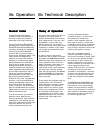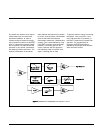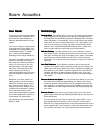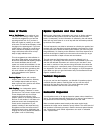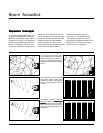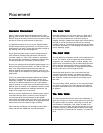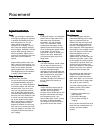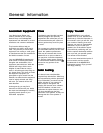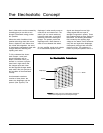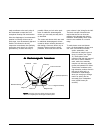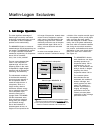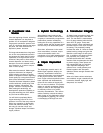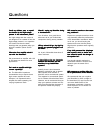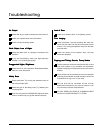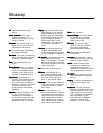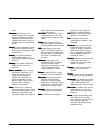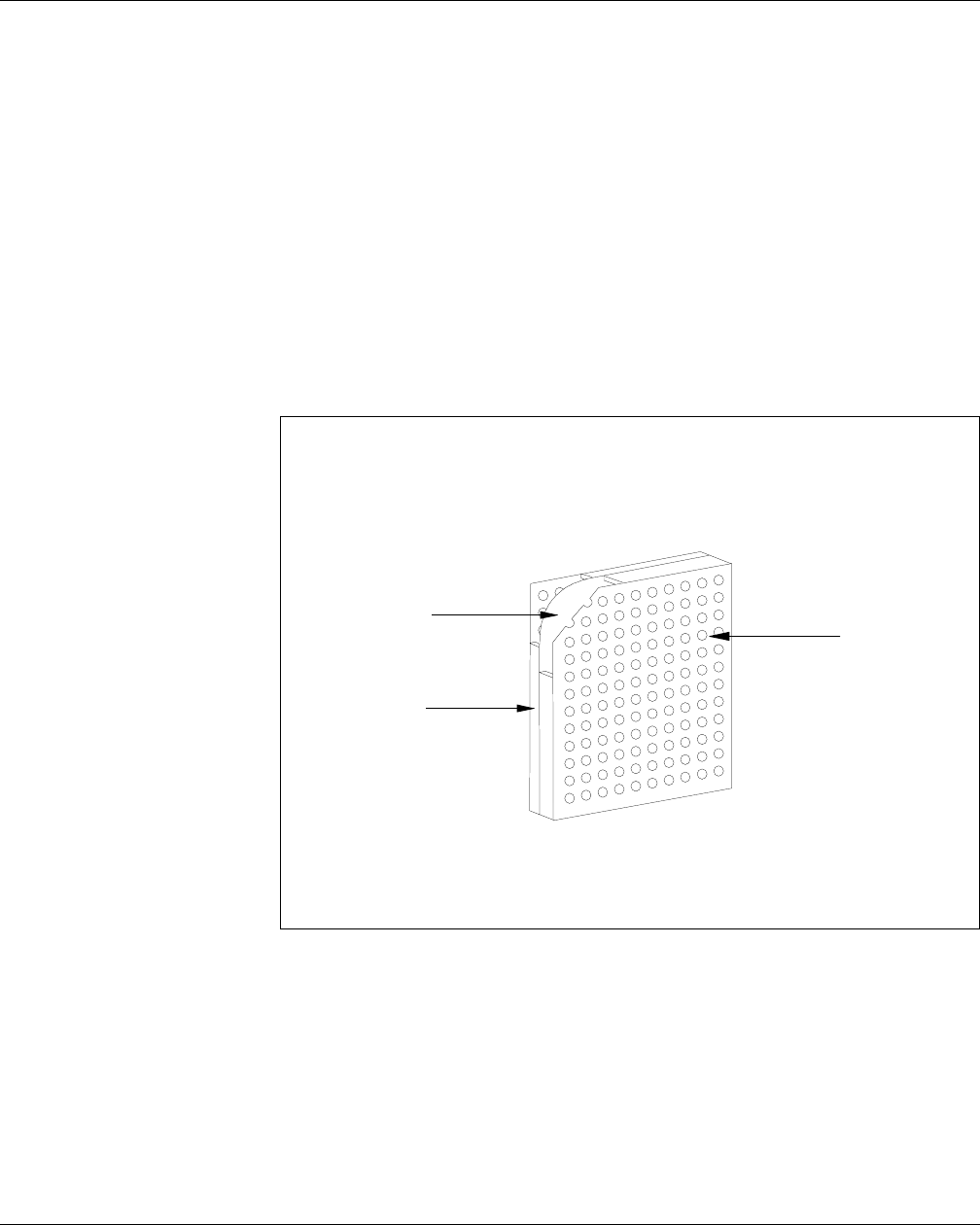
Page24
Monolith III User's Manual
How is it that music can be recreated by
something that you are able to see
through? Electrostatic energy makes
this possible.
Where the world of traditional loud-
speaker technology deals with cones,
domes, diaphrams, and ribbons that
are moved with magnetism, the world
of electrostatic loudspeakers deals with
charged electrons attracting and
diaphragm is what actually moves to
excite the air and create music. The
stator's job is to remain stationary,
hence the word stator, to provide a
reference point for the moving dia-
phragm. The spacers provide the
diaphragm with a fixed distance in
which to move between the stators.
As your amplifier sends music signals
to an electrostatic speaker, these
signals are changed into two high-
voltage signals that are equal in
strength but opposite in polarity. These
high-voltage signals are then applied to
the stators. The resulting electrostatic
field, created by the opposing high
voltage on the stators, works simultane-
ously with and against the diaphragm,
consequently moving it back and forth,
producing music. This technique is
known as push-pull operation and is a
The Electrostatic Concept
repelling each other.
To fully understand the electro-
static concept , some back-
ground information will be
helpful. Remember when you
learned, in a science or physics
class back in high school, that
like charges repel each other
and that opposite charges attract
each other? Well, this principle is
the foundation of the electrostatic
concept.
An electrostatic transducer
consists of three pieces: the
stators, the diaphragm and the
spacers. (See
Figure 8
.) The
Stator
An Electrostatic TransducerAn Electrostatic Transducer
An Electrostatic TransducerAn Electrostatic Transducer
An Electrostatic Transducer
Figure 8Figure 8
Figure 8Figure 8
Figure 8. Cut away view of an electrostatic transducer.
Notice the simplicity due to minimal parts usage.
Diaphragm
Spacer



